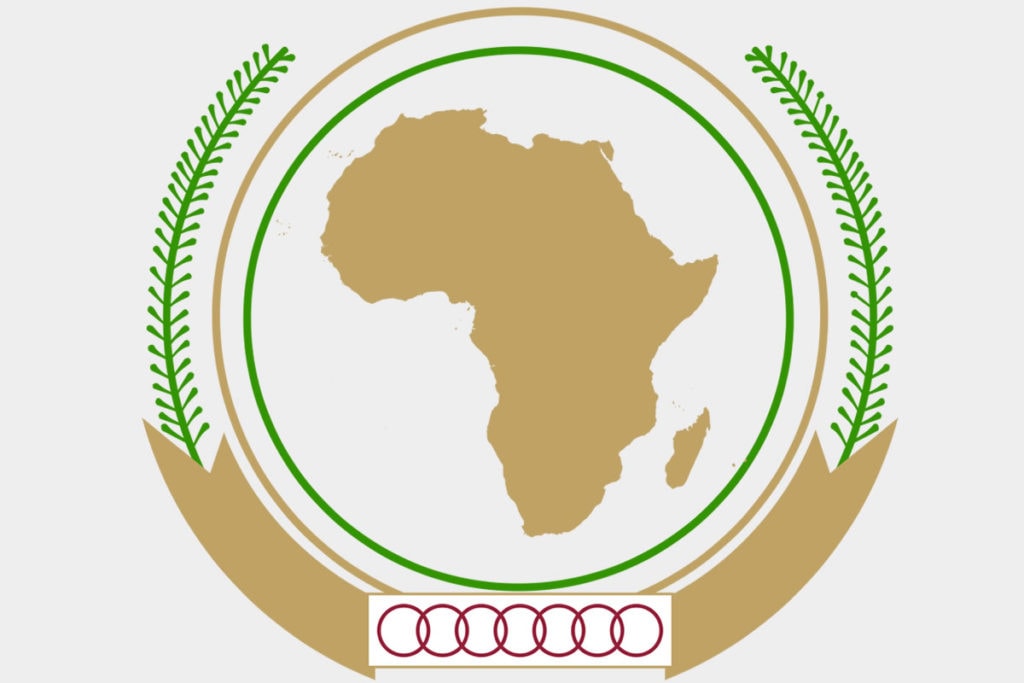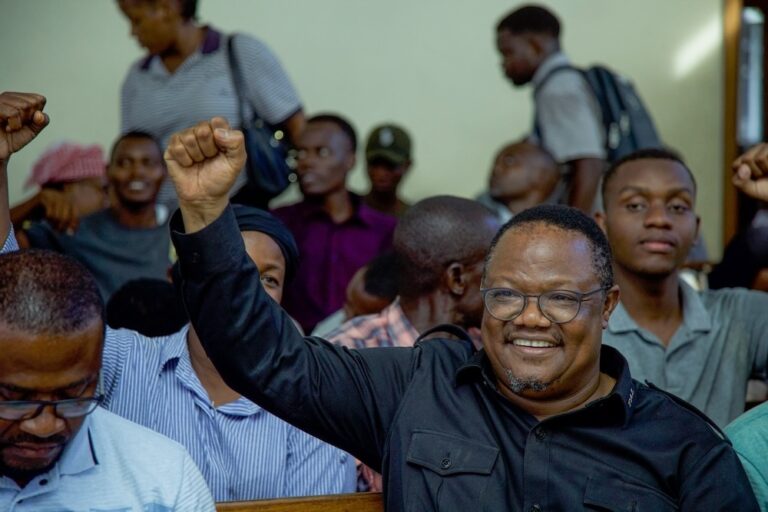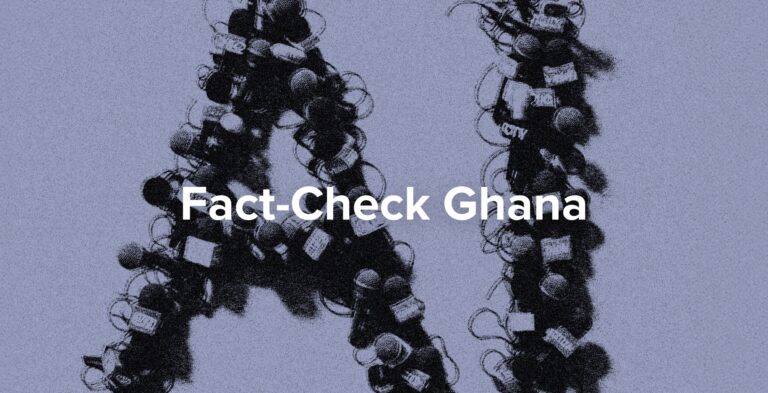28 civil society groups are calling on the African Commission on Human and People's Rights to broaden rather than limit civil society observation and participation in its activities.
The Chairperson,
African Commission on Human and Peoples’ Rights,
CC:
HE. Abdel Fattah el-Sisi, Chairperson of the African Union
HE. Moussa Faki, Chairperson of the African Union Commission
Your Excellency;
We, the undersigned organisations, write to you to express our concern regarding the decision of Executive Council EX.CL/Dec.1015 (XXXIII) of June 2018.
During the Executive Council’s Thirty-Third Ordinary Session (June 2018) held in Nouakchott, Mauritania, it was stated that the independence of the African Commission on Human and Peoples’ Rights (hereinafter the Commission) was limited to being that of a functional nature, and not independence from the same organs that created it. The Executive Council further required the Commission to submit to the policy organs for consideration and adoption revised criteria for granting and withdrawing Observer Status for Non Government Organisations (NGOs).
We believe this decision has the potential to exclude Non-Governmental Organisations/Civil Society Organisations (NGOs/CSOs) from this important space. We are particularly concerned that the suggested criteria for granting Observer Status with the Commission may be tied to proportion of funding that applying NGOs get from within Africa, as is the case with AU ECOSSOC. We also fear the decision may have a chilling effect on the work of the Commission in dealing with issues African citizens present to it when states violate rights protected by the Charter, including freedom of information, expression, association and assembly.
Your Excellency, we appreciate the significant impact the Commission has had on the continent, including providing guidance to Member States about progressive implementation of the Charter, inspiration to several rights-enhancing domestic legislations, key recommendations to member states, development of thematic Principles and Guidelines on human rights issues, support to implementation of the Charter and significantly, to the protection of the rights of individual African citizens and communities.
However, we are deeply concerned that this important progress may be reversed if the space provided by the Commission is restricted to exclude independent NGOs who promote and defend freedom of expression in Africa.
It is not a secret that during political contestations in many Member States, freedom of expression advocates and human rights defenders have faced significant violations including death, arrests, torture, intimidation and confiscation of equipment of equipment among others.
It is also a concern that increasingly, freedom of expression online has come under attack through internet disruptions, shutdowns, surveillance and other forms of violations.
Therefore, we the undersigned Organisations, make the following recommendations:
- The Commission should ensure that Guidelines for granting Observer Status to NGOs expand rather than restrict space for freedom of expression advocates and human rights defenders in general;
- The Commission should continue to monitor the situation of human rights violations in Africa and to raise concerns both publicly and privately, with the different State Parties;
- The African Union should refrain from using political decisions to address human rights challenges. As such when a party is dissatisfied with the Commission’s Decisions, the matter should be sent to the African Court on Human and Peoples’ Rights for interpretation;
- The Commission should engage the Organs and Institutions of the African Union to address the problem of shrinking space in Africa and guarantee protection of journalists and freedom of expression advocates;
- We strongly urge the African Union to continue supporting the Commission in implementing its mandate, and to continue granting Observer Status to a wide variety of NGOs in the promotion of human and peoples’ rights on the continent. The Commission needs to continue cooperating with other human rights actors (inter-governmental or non-governmental) in many areas relating to the promotion and protection of human rights.



